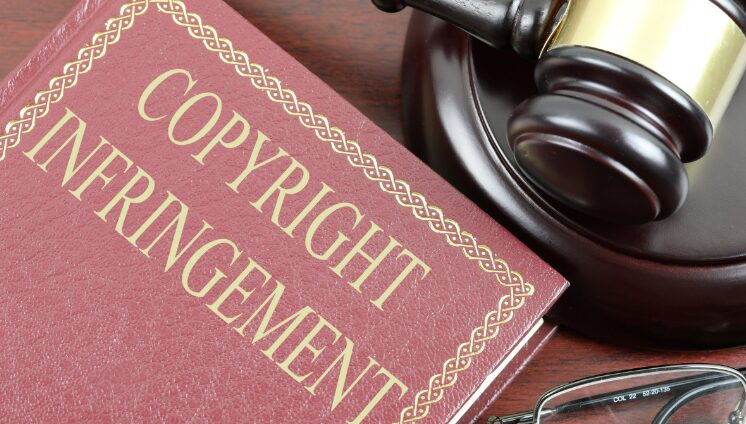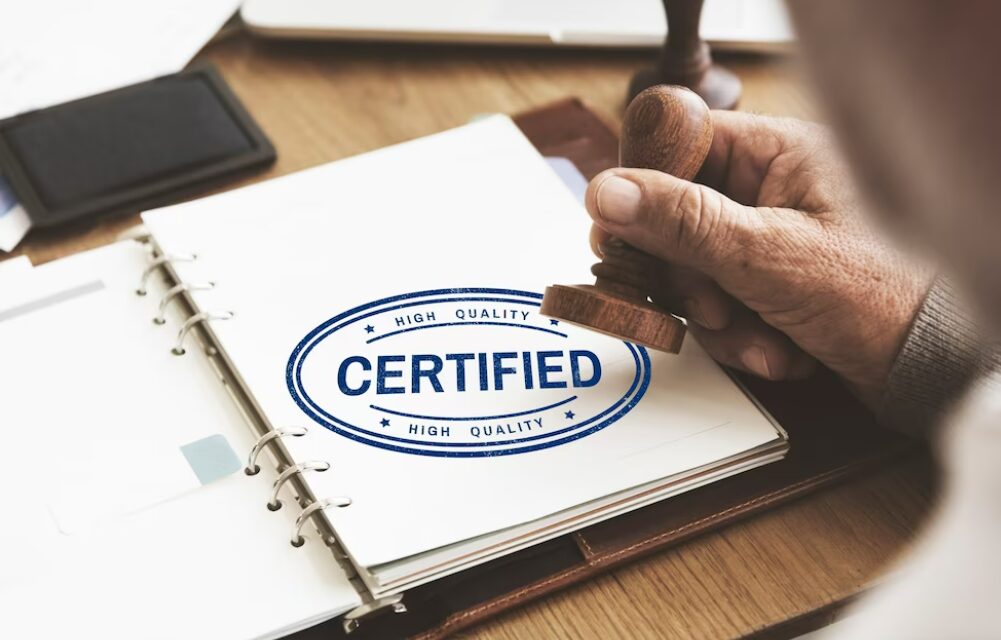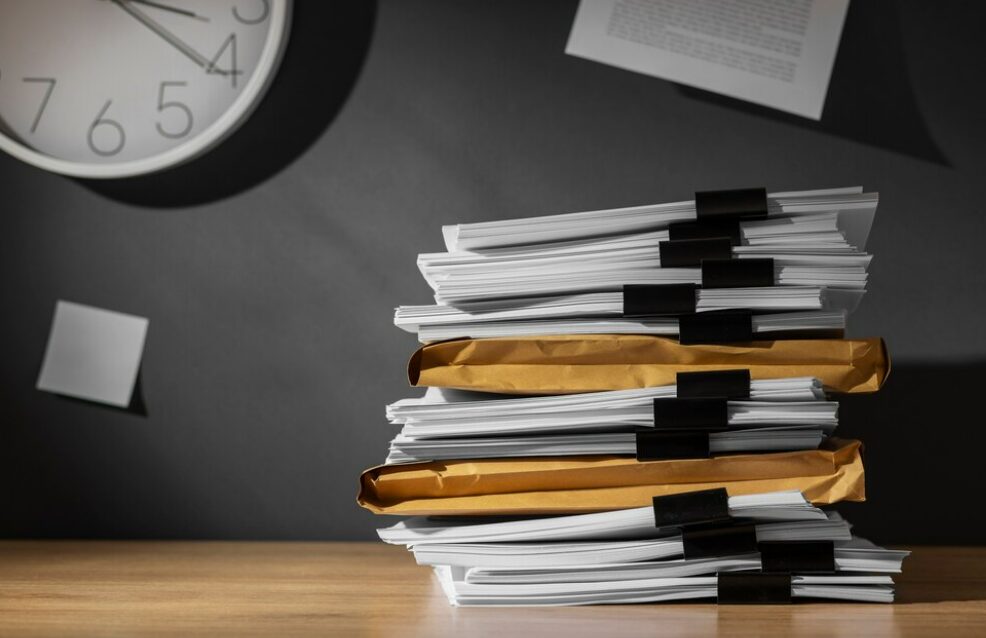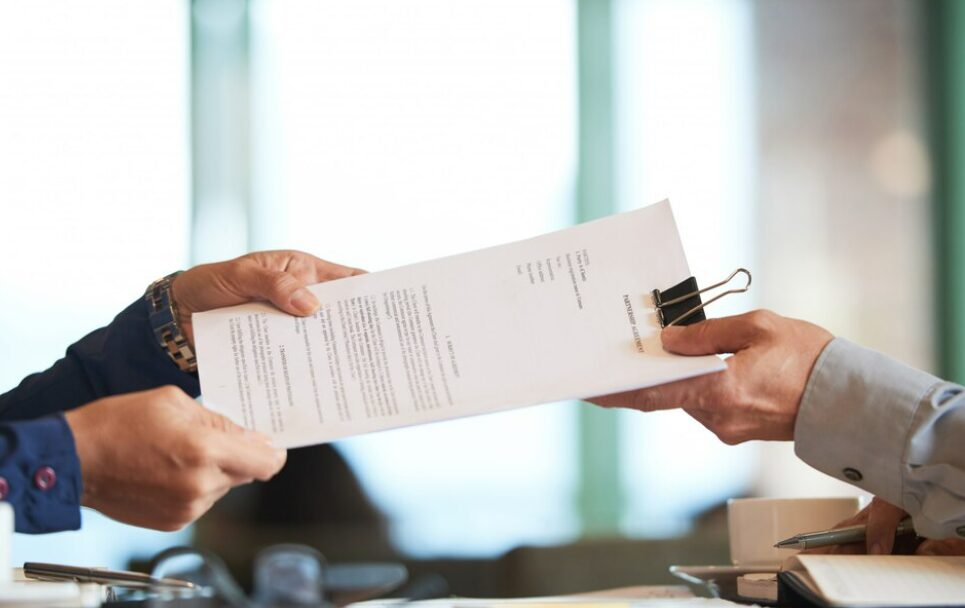Copyright Infringement Service
Copyright Infringement Service in Delhi. occurs when someone uses, reproduces, distributes, performs, or displays copyrighted work without permission from the copyright owner. In India, copyright infringement is governed by the Copyright Act of 1957. Here are some key points regarding copyright infringement in India

Copyright Infringement Service in Delhi.
Exclusive Rights: Copyright law grants the copyright holder exclusive rights to their original works of authorship fixed in a tangible medium of expression. These rights typically include the right to reproduce, distribute, perform, display, and create derivative works based on the original work.
Types of Infringement:
Reproduction: Unauthorized copying or reproduction of all or a substantial portion of a copyrighted work.
Distribution: Unauthorized distribution of copies of the copyrighted work to the public.
Public Performance: Unauthorized public performance of the copyrighted work, such as playing a song in a public venue.
Public Display: Unauthorized public display of the copyrighted work, such as showing a movie in a theater.
Derivative Works: Unauthorized creation of derivative works based on the original copyrighted work, such as adaptations, translations, or modifications.
Enforcement: Copyright infringement can be enforced through civil litigation, where the copyright holder sues the infringing party for damages and injunctions to stop the infringement. In some cases, copyright infringement may also lead to criminal charges, especially for large-scale piracy or commercial counterfeiting. Copyright holders may also send cease-and-desist letters or issue Digital Millennium Copyright Act (DMCA) takedown notices to online platforms hosting infringing content.
Defenses:
Fair Use: In certain circumstances, the use of copyrighted material may be considered fair use, such as for purposes of criticism, comment, news reporting, teaching, scholarship, or research.
Licensing: If the use of copyrighted material is authorized through a license or permission from the copyright holder, it does not constitute infringement.
Public Domain: Works that are not protected by copyright or have entered the public domain can be freely used by anyone.
Damages: Copyright Infringement Service in Delhi. can result in monetary damages, including actual damages (economic losses suffered by the copyright holder) and statutory damages (set amounts established by law).
In some cases, the court may also award attorneys’ fees and costs to the prevailing party in a copyright infringement lawsuit.
Define Copyright Infringement Service in Delhi.
Exclusive Rights: Copyright law grants the copyright holder exclusive rights to their original works of authorship fixed in a tangible medium of expression. These rights include the right to reproduce the work, distribute copies, perform the work publicly, display the work publicly, and create derivative works.
- Types of Infringement: Copyright infringement can take various forms, including:
- Reproducing or copying all or a substantial portion of a copyrighted work.
- Distributing copies of the copyrighted work to the public, whether physically or electronically.
- Publicly performing or displaying the copyrighted work without authorization.
- Creating derivative works based on the original copyrighted work, such as adaptations, translations, or modifications.
Legal Consequences: Copyright infringement is a violation of the copyright holder’s rights and can lead to legal action, including civil lawsuits, criminal charges, and financial penalties. Courts may award damages to the copyright holder, including actual damages and statutory damages, as well as attorneys’ fees and costs.
Defenses: In certain circumstances, the use of copyrighted material may be considered fair use, such as for purposes of criticism, comment, news reporting, teaching, scholarship, or research. However, determining fair use involves a case-by-case analysis based on factors such as the purpose and character of the use, the nature of the copyrighted work, the amount and substantiality of the portion used, and the effect of the use on the market for the copyrighted work.
Enforcement: Copyright holders can enforce their rights against infringers through civil litigation, cease-and-desist letters, Digital Millennium Copyright Act (DMCA) takedown notices, and other legal means. Online platforms and service providers may also have procedures in place to address copyright infringement claims, such as removing infringing content or terminating user accounts. contact us now.
What Documents You Need to Fight a Copyright Infringement?
Copyright Registration Certificate: If the copyrighted work in question is registered with the copyright office, having a copy of the copyright registration certificate can serve as strong evidence of your ownership of the copyrighted material. Registration may also be necessary to bring a lawsuit for copyright infringement.
Documentation of Ownership: Any documentation that establishes your ownership of the copyrighted material, such as contracts, agreements, assignments, or licensing agreements, can be crucial in demonstrating your rights as the copyright holder.
Evidence of Infringement: Documentation that demonstrates the alleged infringer’s unauthorized use or reproduction of your copyrighted material. This may include copies of the infringing works, screenshots, videos, or other evidence showing the infringement.
Cease-and-Desist Notices: Any correspondence, such as cease-and-desist letters or notifications of copyright infringement, exchanged between you and the alleged infringer may be relevant to the case.
Communication Records: Records of any communication or correspondence related to the alleged infringement, including emails, letters, and other written communications, can help establish the timeline of events and document attempts to resolve the dispute.
Fair Use Analysis: If the alleged infringement involves a claim of fair use, you may need to conduct a fair use analysis and gather evidence to support your position, such as documentation of the purpose and character of the use, the nature of the copyrighted work, the amount and substantiality of the portion used, and the effect of the use on the market for the copyrighted work.
Witness Statements or Testimonies: Statements or testimonies from witnesses who have relevant knowledge about the creation, ownership, or use of the copyrighted material can provide additional support for your case.
Legal Documents: Any legal documents related to the copyright infringement claim, such as pleadings, court orders, or settlement agreements, should be retained and reviewed by your legal counsel.



Types of Copyright Infringement in India
Reproduction without Authorization: Unauthorized reproduction of copyrighted works, including literary works, artistic works, musical works, and cinematographic films, constitutes copyright infringement. This includes making copies of books, articles, paintings, photographs, music recordings, and movies without permission from the copyright holder.
Distribution without Authorization: Unauthorized distribution of copies of copyrighted works to the public constitutes copyright infringement. This includes selling, renting, or otherwise distributing copies of books, CDs, DVDs, or digital content without the permission of the copyright owner
Public Performance or Display without Authorization: Public performance or display of copyrighted works without authorization from the copyright owner is considered copyright infringement. This includes playing music in public places, exhibiting movies or artworks in public venues, or performing dramatic works without the necessary licenses or permissions.
Adaptation or Modification without Authorization: Creating derivative works based on copyrighted material without permission from the copyright holder constitutes Copyright Infringement Service in Delhi. This includes making adaptations, translations, abridgments, or other modifications to copyrighted works without proper authorization.
Online Copyright Infringement: With the proliferation of digital technologies and online platforms, copyright infringement on the internet has become a significant concern. This includes unauthorized uploading, downloading, sharing, or streaming of copyrighted content such as music, movies, software, images, and text through websites, social media platforms, file-sharing networks, and online streaming services.
Plagiarism: Copying or reproducing substantial portions of copyrighted works without proper attribution or acknowledgment of the original creator constitutes plagiarism and copyright infringement. This includes academic plagiarism, literary plagiarism, and content scraping from websites or publications.
Software Piracy: Unauthorized copying, distribution, or use of computer software without a valid license or permission from the copyright owner constitutes software piracy and copyright infringement. This includes copying and distributing pirated software CDs, DVDs, or digital downloads.
Broadcasting Rights Violations: Unauthorized broadcasting or transmission of copyrighted works, including radio broadcasts, television programs, and online streaming content, without the necessary licenses or permissions from the copyright owners constitutes copyright infringement
Rights of a Copyright Owner
Reproduction Right: The right to make copies or reproductions of the copyrighted work in whole or in part. This includes making physical copies (e.g., books, CDs, DVDs) as well as digital copies (e.g., digital downloads, electronic files).
Distribution Right: The right to distribute copies of the copyrighted work to the public by sale, rental, lease, or lending. This includes physical distribution (e.g., selling books, CDs) as well as digital distribution (e.g., selling digital downloads, licensing content to streaming platforms).
Public Performance Right: The right to perform the copyrighted work publicly. This includes performing plays, music, or other works in public places such as theaters, concert halls, clubs, and stadiums
Public Display Right: The right to display the copyrighted work publicly. This includes displaying artworks, photographs, or other visual works in public places such as galleries, museums, or exhibitions.
Derivative Work Right: The right to create derivative works based on the original copyrighted work. This includes adaptations, translations, modifications, or other transformations of the original work.
Publicity Rights: In some jurisdictions, copyright owners may also have publicity rights, which allow them to control the use of their name, image, likeness, or other aspects of their identity in connection with commercial exploitation.
Moral Rights: In certain jurisdictions, authors or creators of copyrighted works may also have moral rights, which protect their personal and reputational interests in the integrity and attribution of their works.
Copyright Infringement Cases in India
Super Cassettes Industries Ltd. v. Music Broadcast Pvt. Ltd.: This case involved a dispute over the broadcasting rights of music compositions. Super Cassettes Industries Ltd. (T-Series) claimed that Music Broadcast Pvt. Ltd. (Radio City) was broadcasting copyrighted songs without obtaining the necessary licenses. The Delhi High Court ruled in favor of T-Series, emphasizing the importance of obtaining proper licenses for broadcasting copyrighted music.
Delhi University Photocopying Case: This case centered around the practice of the Delhi University photocopying course packs containing excerpts from copyrighted books without obtaining permission from the copyright holders. The publishers, including Oxford University Press, Cambridge University Press, and Taylor & Francis, filed a lawsuit against the university and the photocopy shop. The Delhi High Court initially ruled in favor of the publishers, but the decision was later overturned by the Delhi High Court, which held that the photocopying for educational purposes constituted fair use under Indian copyright law.
Bennett, Coleman & Co. Ltd. v. Goenka and Another: This case involved a copyright dispute between two media companies, Bennett, Coleman & Co. Ltd. (BCCL) and Indian Express Newspapers. BCCL accused Indian Express of infringing its copyright by publishing a competitive newspaper that allegedly copied BCCL’s content. The Bombay High Court ruled in favor of BCCL, holding that Indian Express had infringed BCCL’s copyright by unlawfully reproducing its news items.
Microsoft Corporation v. Yogesh Popat and Another: This case involved software piracy, where Microsoft Corporation filed a lawsuit against a Mumbai-based individual, Yogesh Popat, for selling counterfeit copies of Microsoft software. The Bombay High Court granted an ex parte injunction restraining Popat from selling or distributing pirated software.
